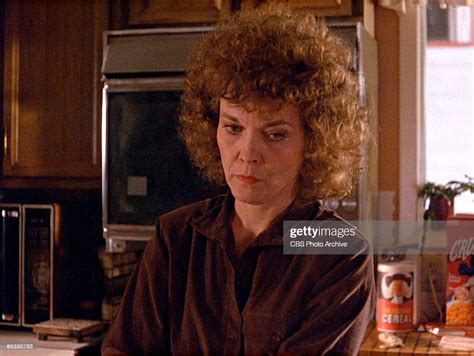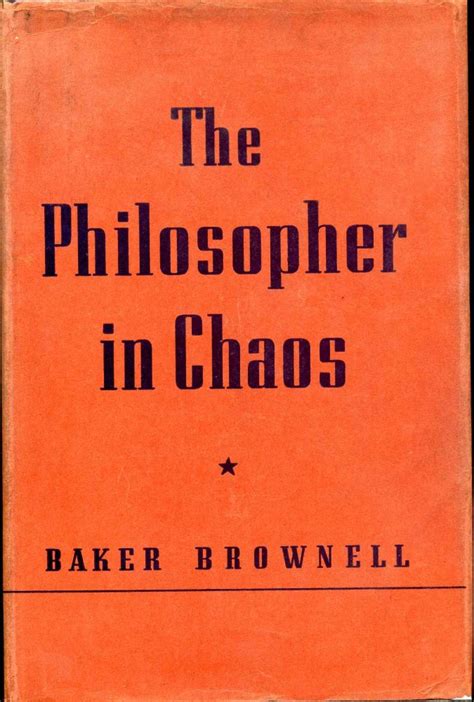A Quote by Frank Spotnitz
Usually monsters are some aspect of human behavior or humanity at large.
Related Quotes
Art arises in those strange complexities of action that are called human beings. It is a kind of human behavior. As such it is not magic, except as human beings are magical. Nor is it concerned in absolutes, eternities, "forms," beyond those that may reside in the context of the human being and be subject to his vicissitudes. Art is not an inner state of consciousness, whatever that may mean. Neither is it essentially a supreme form of communication. Art is human behavior, and its values are contained in human behavior.
I'm trying to understand how do we tell lies to ourselves to justify what we've done and what are the consequences of those lies? But actually maybe I also recognize that in turning empathy into a practice for many years, by turning, by forcing myself to separate at some level the humanity of a human being from his or her actions and recognizing that sometimes, even the moral aspects of a human being can contribute to immoral behavior.
In Dardenne brothers' films is a really small kind of humanity. It's not like the titanic "humanity" of humanism, it's much more gritty and realistic. But again, humanity is what unites all the people I'm talking about, and in such different ways. The humanity is in that moment you glimpse someone and have a completely intimate moment with them, and that intimacy is connected to an extreme pathetic aspect.
If human beings are all monsters, why should I sacrifice anything for them?" "Because they are beautiful monsters..., And when they live in a network of peace and hope, when they trust the world and their deepest hungers are fulfilled, then within that system, that delicate web, there is joy. That is what we live for, to bind the monsters together, to murder their fear and give birth to their beauty.






































